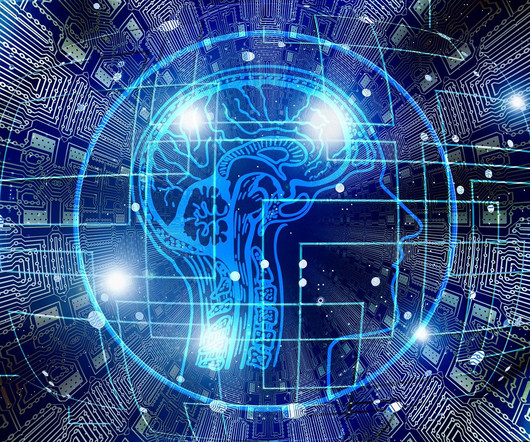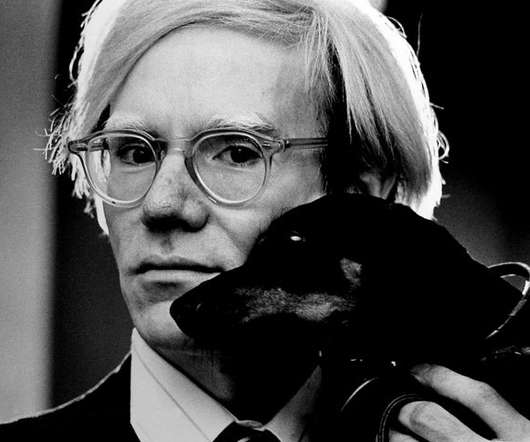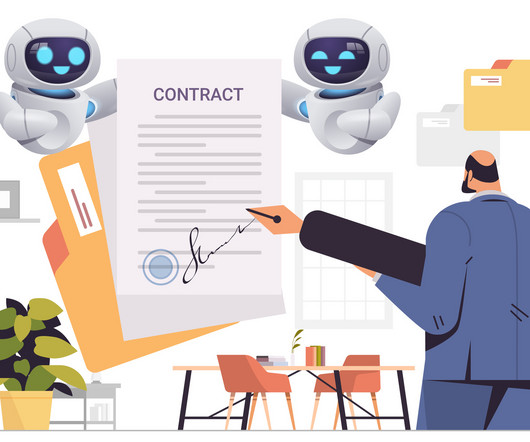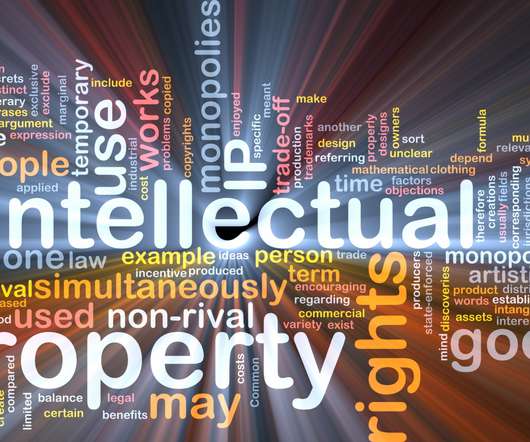Checklist of Issues on Generative IP
Kluwer Copyright Blog
SEPTEMBER 11, 2023
Does the machine infringe when it produces a new “work”? For the right to prepare a derivative work in US, linked to issue 3, see paper #1 and Getty Images lawsuit 3. Can a machine be an “inventor”? Potential role of three-step test (Berne 9(2)/TRIPS 13) 2. For reproduction: traditional analysis b. Impacts on innovation?
















Let's personalize your content